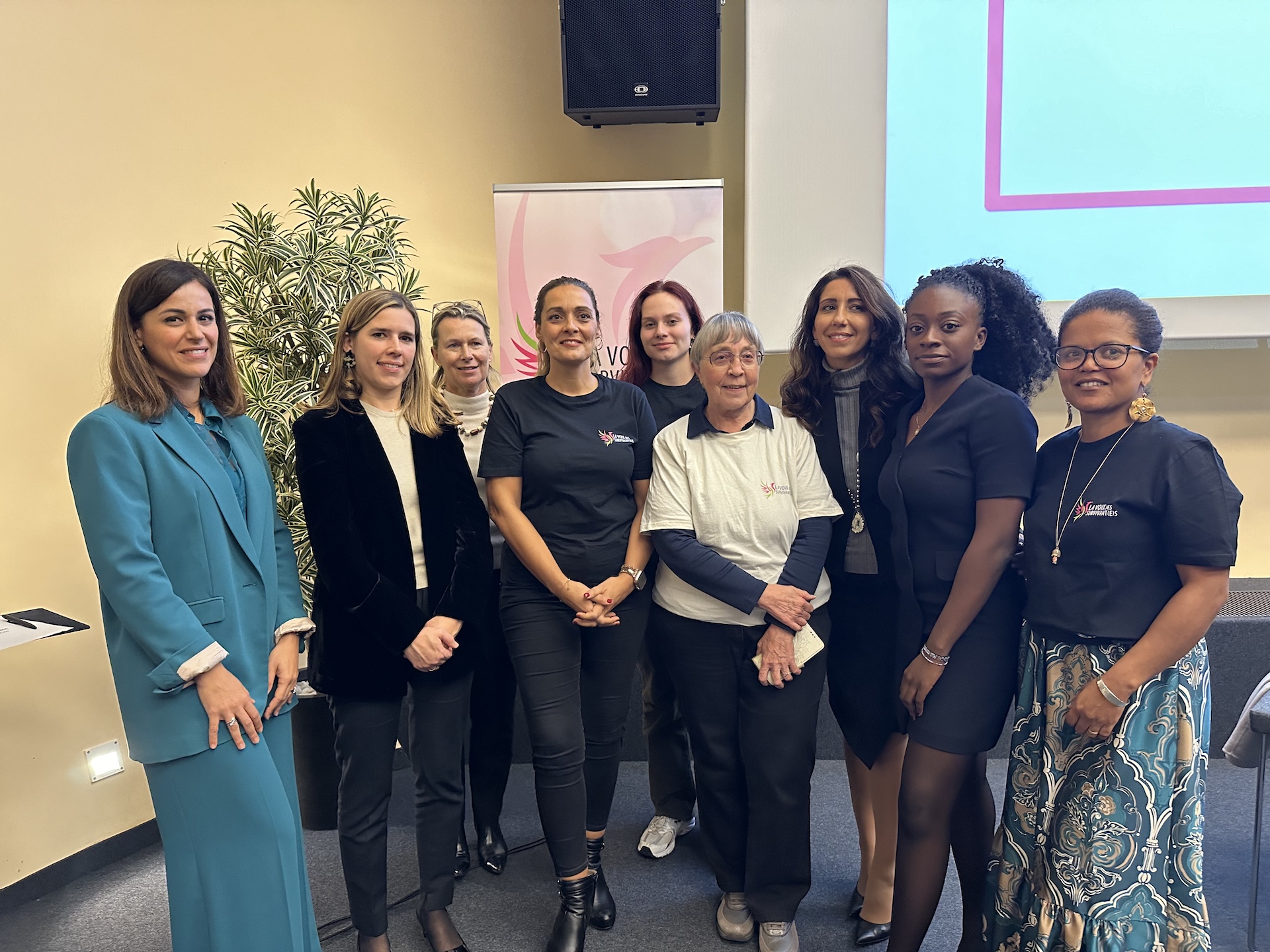The association La Voix des Survivant(e)s presented its proposal for an organic law to combat gender-based violence and its impact on child co-victims at the Cercle Cité auditorium on Monday October 14.
The 52-article text, divided into three parts, aims to prevent such violence more effectively, put an end to impunity and provide better assistance to victims.
The LVDS association wants to respond to the dysfunctions its members have experienced or witnessed. It hopes to make an active contribution to the government’s future National Action Plan against gender-based violence, by making this text a major national cause.
The Minister of Justice, Elisabeth Margue, several members of parliament, representatives of associations and state institutions, as well as members of the public, had the opportunity to react to these proposals.
LVDS is ready to pursue discussions on its text with all political leaders who want to contribute to this cause.
The methodology
The text was written by the LVDS Justice Group: a multidisciplinary team with diverse perspectives and skills (jurists, victims/survivors, journalists, experts in the field of violence, child protection, etc.).
The work drew on a wide range of sources: European and international best practices, GREVIO’s evaluation report on the implementation of the Istanbul Convention in Luxembourg, European Directive 2024/1385, scientific literature on violence, etc., as well as a number of other sources.
Part 1: Criminal law provisions
The text proposes the introduction of new provisions into criminal law to plug the “holes in the racket” of the repressive system, with a view to having effective and dissuasive legislation. This concerns: psychological violence; coercive control; moral and sexual harassment (criminalization); economic violence; feminicide.
The text also amends existing provisions on domestic violence, consent and length of sentences.
Part 2: Measures relating to the rights of victims and co-victims and prevention measures
The proposal introduces an administrative victim status, inspired by Spanish legislation. It will be granted by the future National Center for Victims (CNAV) announced by the government as part of its National Action Plan against gender violence.
The proposal details the organization and missions of the CNAV, which must be an independent body supervised by a Board of Directors. The Board will include representatives of victims’ associations and child specialists.
People who have obtained the administrative status of “victim” from the CNAV have access to enhanced rights. These include measures relating to employment, social benefits, priority access to housing, free psychological and psychiatric follow-up for victims of gender-based violence and their co-victims, the right to residence permits, scholarships and study grants, and special financial aid.
The aim is to combat secondary victimization, which makes victims of gender-based violence vulnerable and precarious in the long term.
Some articles are devoted to children as co-victims, addressing the question of parental authority and the violent parent’s right of custody in cases of domestic violence.
The special situation of victims of human trafficking is addressed by the issue of protected housing and access to support services, as soon as presumed victim status is granted.
A number of articles deal with measures to prevent gender-based violence: a proactive policy to raise awareness among the general public and in schools, and specific recruitment, training criteria and supervision for professionals involved in the fight against gender-based violence.
Part 3: Creation of a specialized tribunal and derogating procedural provisions
A specialized Gender Violence Court has been set up, coordinating civil and criminal jurisdiction. Its aim is to offer victims comprehensive protection at the outset of proceedings, as well as during and afterwards. This should make justice efficient and effective, to avoid secondary victimization. It also affirms the preventive function of repression.
The proposal addresses the issue of specific training for judges and experts, as well as the coordination of civil, criminal and youth competencies to ensure full protection.
Derogatory measures have been introduced to respond to the specific nature of gender-based violence: access to rights (testimony, access to case files, investigative measures and protection) without the obligation to act as a civil party; the victim’s testimony must be evaluated in the same way as other evidence; suspended sentences for first-time offenders are limited; prescription periods have been modified.
For further information, contact the association at: lvds.lux@gmail.com

